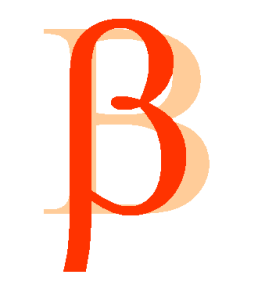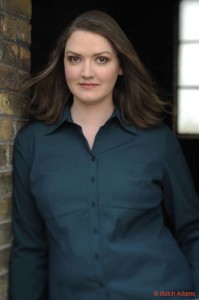Sounds a bit silly, doesn’t it? But as I’m sure everyone here knows, one of the biggest stumbling blocks for any aspiring author isn’t really how good their book is. It’s how finished their book is.
After all, you can’t have a business without a product, which is, in our cases, a completed story.
The key is to be productive and with just about everyone I know, one of the biggest obstacles to their productivity (right next to the two hour commute or the kids who can’t seem to do anything without parental help) is that voice in their head that keeps popping up to say, “What are you thinking? That comma’s ruining the emotional thread of this scene!” or “Jeez, this is crap. Let’s go play on the Playstation where it at least feels like I’m accomplishing something.”
A recurring session during the Superstars Writing Seminars is Kevin J. Anderson’s productivity tips (which he is currently covering on his website for NaNoWriMo). This is where I first heard his #3 tip: Dare to Be Bad (At First)…Then Fix It.
And the guy must be on to something because he makes prolific authors look lazy.
Now, I do spend some time prewriting to figure stuff out, for the most part I find my story as I’m writing it. For the longest time, I’d get stuck in that loop that made me want to re-read what I’d already written and tweek the text until I had to force myself to move on to the next scene. And then I gave myself permission to write badly. This was incredibly freeing. Now, when I’m doing a first draft, I can write upwards of 20-25k words a week, knowing that I’m going to edit it like crazy once the first draft is done. They aren’t great words, sometimes they’re downright horrendous, but they come together to form a completed work.
Now, your process might be different. But ask yourself, is your book stalled because you keep going back to that one or two scenes that seem so pivotal but your inner editor keeps telling you it’s just not right and if you don’t fix it now the whole book will fail utterly?
Stop that.
A house builder doesn’t sit there working on the same bathroom for years because they can’t get the shower to the perfect dimensions. They have a whole house to build and if someone isn’t living in it, it has no purpose. The same goes for you. Don’t let a desire to write perfection stop you from finishing the book, because if no one reads it, it also has no purpose.
Once the first draft is done, then you can let your inner editor run amuck…somewhat.
I usually have to step away for a bit before diving in the editing/revision process, otherwise, I’m just polishing the punctuation. Some people go ahead and send it out to alpha readers to get feeback. You’re process should be whatever works for you, but the real key to editing your own work, I think, is honesty.
Yes, that scene in your epic fantasy between the hero and his pet parakeet makes you cry every time, but does it move your story forward? Yes, you skipped that escape scene in your adventure to get to the emotional angst, but is the reader still engaged? Yes, you left out the detailed description of your cyborgs in your SF because it slowed the pacing, but can the reader really understand your world?
They may be you and your critique group’s favorite scenes. They might be hard to write. But if the story and the reader isn’t served, be honest. You’re going to have to fix it. The nice thing is that you’ll probably like the result better.
It’s actually kind of funny how often I tell someone that a scene isn’t working, or the story is missing something, and they say, “Yeah, I was kind of thinking that, too.” If something doesn’t ring true, or a scene doesn’t seem right, don’t wait for someone to remind you of something you already know. This instinct might take some time figuring out on your own, but the only way you’re going to learn how to tell what works and what doesn’t, is to keep writing and reading your genre.
It’s all so much work, I know. But that the difference between a hobbiest and a professional: get the work done, then make it the best you possibly can.
Dare to be bad. Fix it later.



